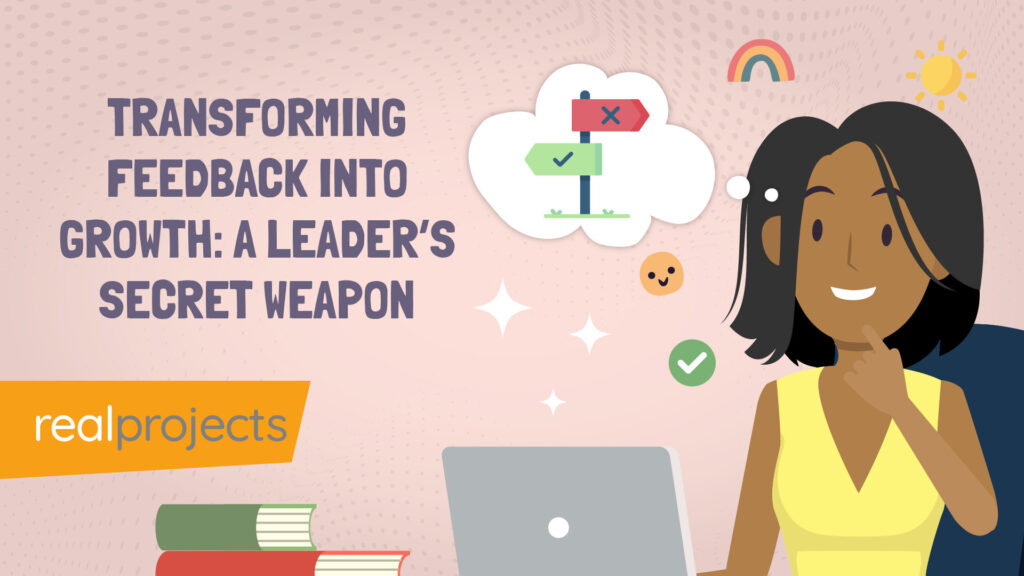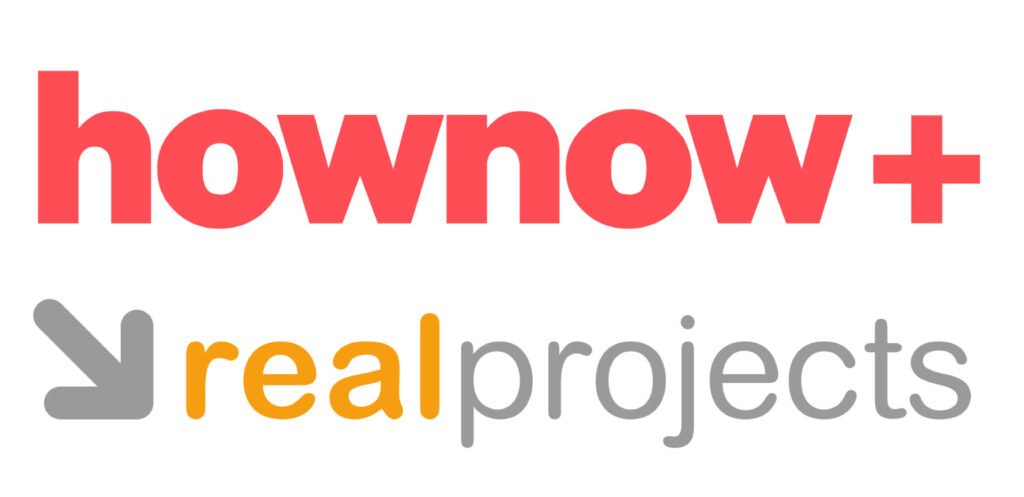Off the shelf elearning content presents a variety of advantages for those working within Learning and Development departments.
The potential of off the shelf content remains misunderstood and underestimated. There are now multiple specialist providers now offering high quality content and it is the perfect time to explore off the shelf elearning.
With a vast choice of subjects there’s now more benefits to off-the-shelf courses that many buyers and users realise.
Time and Cost Savings
Businesses are rarely granted the ability to take on a project with unlimited budget and time. Off-the-shelf elearning content fulfils the need for a quick, affordable and scalable training solution.
There are content areas that often require custom development and content specific solutions. These content requirements can often involve a longer development timeline and increased budget.
This need for a custom development project will require several rounds of reviews and quality control checks. If the development process also involves the submission of an awarding board the development process will increase further.
If time is a confederation an off the shelf solution may provide an immediate solution. Off the shelf courses are available immediately and can be deployed within hours. If you needed a level of customisation the development timeline could be reduced by weeks.
You don’t need your own development team
Custom elearning content requires a specific custom development team. If you don’t have these skills in house you’ll need to engage the skills of the development team and go through the procurement process.
Internally you’ll need to set up a team involving developers, L&D specialists, designers, animators and potentially more depending on your requirement.
If you don’t have a team in place it is important that you go through a suitable procurement process. Without in-house expertise it can be difficult for organisations to judge whether they should set up their own development team or outsource their requirements.
Off-the-shelf elearning content is typically available for immediate use so the time-to-market is short. Depending on the supplier you may be able to make changes to the content that could solve your content requirements. Before you make any changes it is worth considering, do we really need to make this change?
Any amendments to be made to the course will usually consist of changing to branding and/or LMS (Learning Management System) upload rather than detailed content changes. The investment and finance should be considered against your ROI metric.
Off the shelf learning requires nominal intervention before deployment and the financial costs shown to be the most cost effective option when deployed content to large audiences.
In most cases, a per-course or license fee cost is payable. Low running costs make off-the-shelf elearning content an affordable option and present an impressive ROI (Return on Investment) in many business cases.
Quality and Expertise
While there remains a misconception amongst those purchasing elearning solutions that the content is not of high quality, an emerging industry is providing high quality, award winning and specialist content.
Off-the-shelf elearning content is frequently produced by subject matter experts and teams that are also producing custom elearning solutions.
Reputable elearning providers work with subject matter experts to develop elearning courses that are accurate, cover multiple subjects and are engaging.
Instructional designers and developers with expertise and knowledge in elearning development are hired specifically by elearning providers and platforms to work on their off the shelf content. Often specific teams are developing off the shelf content.
Off the shelf content is now an integral part of the elearning industry with specific platforms, content libraries and companies specialising in delivering content.
The expertise is now clear with standardised process, quality, formats and content types now on offer. The content is now designed and developed by experts in the field, courses of such standard are difficult for companies to replicate.
It’s important that organisations recognise the value behind the consistency that off-the-shelf elearning provides.
Variety
A browse online uncovers off-the-shelf elearning courses covering just about every topic imaginable.
With a wide variety of industries now looking to support their learning and development programmes with online learning and increased recognition there are more providers available.
Content choice has grown rapidly and the technology tools available to develop it have also developed with a range of tools now available including Articulate 360.
There remains generic and soft skills off-the-shelf elearning training but sector-specific subject matter including energy, medical and football content has all seen sector-specific content platforms.
Videos, podcasts, audio files, PDF Files, Infographics and interactive tools now form part of off-the-shelf elearning content.
Companies that subscribe to an off the shelf library will get access to a roadmap. This provides details of up and coming releases during the year and they will often be accessed for their insights – what content they would like to see.
With access to such a rich and detailed content library Learning and Development teams are able to extending the content portfolio with their orgnisations. This extends their own Learning and Development offer far beyond what they’d be able to utilising only in-house resources. Achieving this makes employers more appealing to potential employees, improves employees skills and presents vast new opportunities for employees. All without the need for excess time or money investment.
Content as part of your learning strategy
Custom development will often be part of the learning mix as companies continue to train and empower their staff. Off-the-shelf elearning content has developed and improved rapidly into a developing and vast industry that covers all multiple sectors, topics and subjects. An off the shelf library is now an integral part of the learning and development landscape.
It’s true that many businesses shied away from the adoption of off-the-shelf elearning content as part of their own L&D portfolios in favour of a more bespoke approach. Today there is such a variety of training options on offer that the benefits are clear.
As organisations struggle in the wake of a post-pandemic world with market conditions and challenging budgets, off-the-shelf elearning presents a solution to not just the need for remote and adaptable training but also to tightening finances.
The wider appeal of elearning provides opportunities for the neurodivergent and geographically remote where otherwise training may not be widely available – a must-have as employers look to broaden their staff force.
There’s no denying that off-the-shelf elearning content has come a long way in terms of variety, diversity and curation. With the trend continuing upwards and outwards, it seems the future can only get brighter for this flexible and adaptable L&D solution… and for those who use it.



